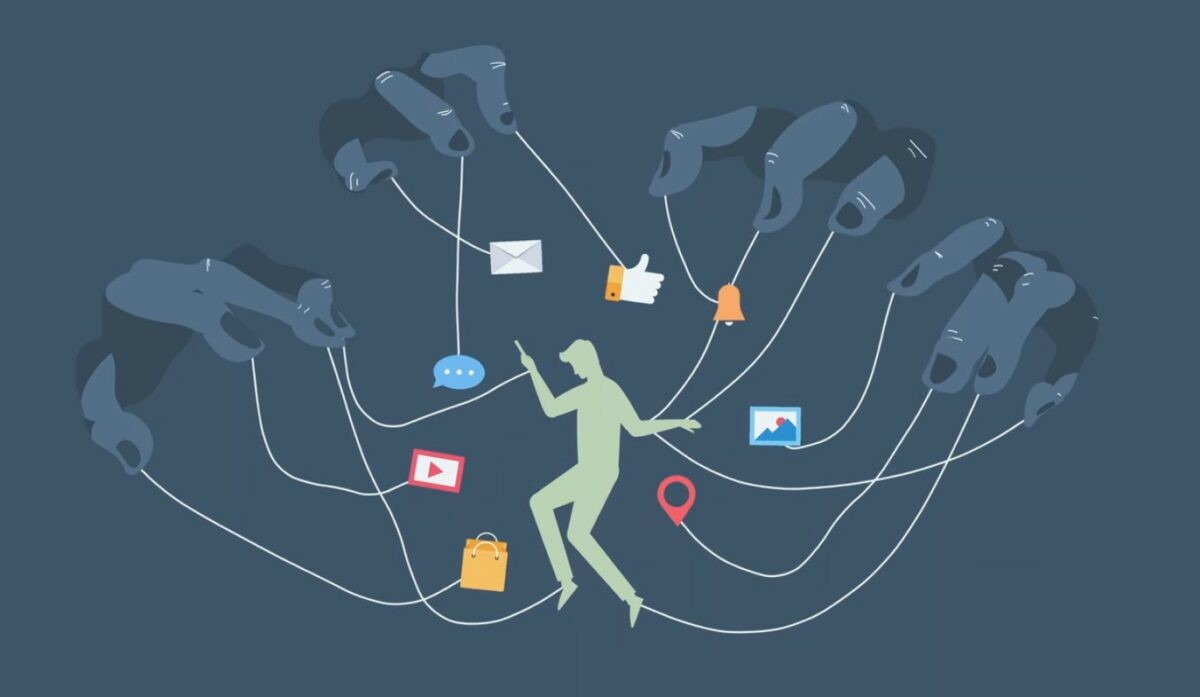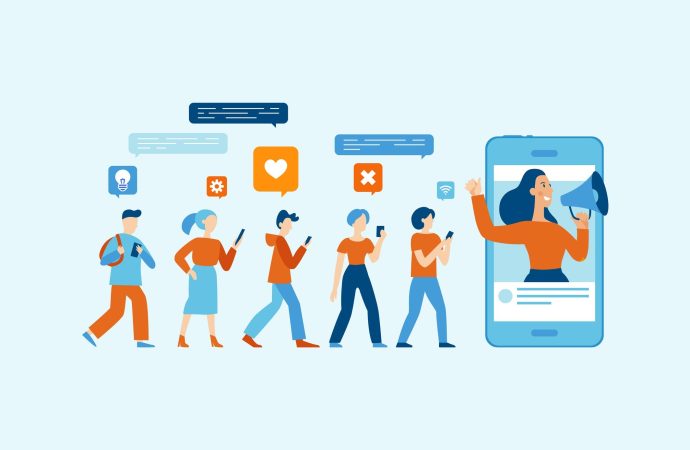In the digital age, social media has emerged as a powerful force that shapes public opinion. Platforms like Facebook, Twitter, Instagram, and TikTok have become integral parts of daily life for billions of people worldwide. This article explores the multifaceted impact of social media on public opinion, focusing on key areas such as information dissemination,
In the digital age, social media has emerged as a powerful force that shapes public opinion. Platforms like Facebook, Twitter, Instagram, and TikTok have become integral parts of daily life for billions of people worldwide. This article explores the multifaceted impact of social media on public opinion, focusing on key areas such as information dissemination, echo chambers, influencer culture, and political mobilization.
Information Dissemination
One of the most significant ways social media influences public opinion is through the rapid dissemination of information. Traditional media outlets like newspapers and television stations often have a lag time in reporting news. In contrast, social media platforms enable real-time updates, making it possible for news to spread almost instantaneously. This immediacy can be both beneficial and detrimental.
On the positive side, social media allows for quicker access to information, which can be crucial during emergencies or significant events. For instance, during natural disasters, social media platforms can provide real-time updates on safety measures, rescue operations, and relief efforts. Additionally, social media has democratized information dissemination, allowing citizen journalists to share their perspectives and experiences.
However, the rapid spread of information also has a downside. The lack of editorial oversight on social media platforms means that misinformation and fake news can spread just as quickly as factual information. False information can easily go viral, influencing public opinion based on inaccuracies. This phenomenon was prominently observed during the 2016 U.S. Presidential Election, where fake news stories circulated widely, impacting voter perceptions.
Echo Chambers
Another critical aspect of social media’s impact on public opinion is the creation of echo chambers. These are virtual spaces where individuals are exposed predominantly to opinions that align with their own, reinforcing their existing beliefs. Algorithms used by social media platforms often prioritize content that users are likely to engage with, which can lead to a narrowing of perspectives.
Echo chambers can contribute to the polarization of public opinion. When individuals are only exposed to viewpoints that mirror their own, they are less likely to encounter and consider opposing perspectives. This can lead to a more divided society, where compromise and mutual understanding become increasingly difficult. The Brexit referendum and the U.S. Presidential Elections are examples where echo chambers on social media played a role in deepening societal divisions.
Influencer Culture
The rise of social media influencers has added another layer to how public opinion is shaped. Influencers are individuals who have amassed large followings on social media platforms and can sway their audience’s opinions and behaviors. Brands and political entities often collaborate with influencers to promote products, ideas, or campaigns.

Picture by: Yandex.com
Influencers can have a significant impact on public opinion due to their perceived authenticity and relatability. Unlike traditional celebrities, influencers often build their followings based on personal connections and interactions with their audience. This can make their endorsements more persuasive. For example, during the COVID-19 pandemic, health organizations collaborated with influencers to disseminate information about safety measures and vaccinations, aiming to reach younger demographics who might not engage with traditional media.
However, the influence of social media personalities also raises ethical questions. The line between genuine opinion and paid promotion can be blurry, leading to potential conflicts of interest. Additionally, the pressure to maintain a positive online image can result in influencers promoting products or ideas they do not genuinely support, further complicating the landscape of public opinion.
Political Mobilization
Social media has revolutionized political mobilization, making it easier for individuals and groups to organize and advocate for causes. Hashtags like #BlackLivesMatter and #MeToo have become rallying cries for social movements, amplifying voices that might otherwise go unheard. Social media platforms provide a space for marginalized groups to share their stories, raise awareness, and mobilize support.
The ability to quickly organize events, protests, and campaigns has had a profound impact on public opinion and policy. For instance, the Arab Spring uprisings were significantly bolstered by social media platforms, which enabled protesters to coordinate actions and share information despite government censorship. Similarly, social media played a crucial role in the global climate strikes led by young activists like Greta Thunberg.
However, the use of social media for political mobilization is not without challenges. Governments and organizations can also use these platforms to spread propaganda, manipulate public opinion, and suppress dissent. The spread of disinformation and the use of bots to artificially amplify certain viewpoints can distort the democratic process, making it difficult for citizens to make informed decisions.
Conclusion
The impact of social media on public opinion is complex and multifaceted. While it offers unprecedented opportunities for information dissemination, community building, and political mobilization, it also presents significant challenges such as the spread of misinformation, the creation of echo chambers, and ethical concerns related to influencer culture. As social media continues to evolve, it is crucial for users, platforms, and policymakers to navigate these complexities thoughtfully, ensuring that the digital public sphere contributes positively to democratic discourse and societal well-being.
















